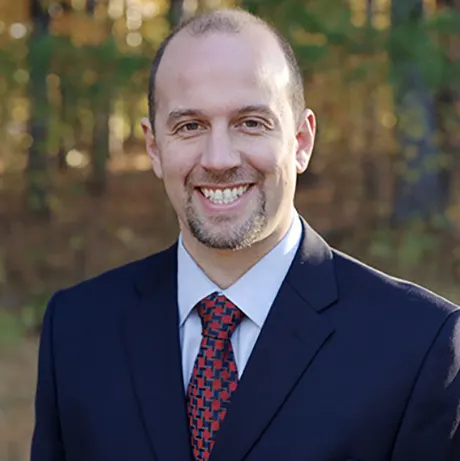My 5 tips for talking with doctors about learning and thinking differences
When the school reading specialist first told us our daughter was having difficulty paying attention to her reading drills — and that she might have — I didn’t know what to say or think. I was surprised because, as a doctor, I treat many children with ADHD (also known as ADD). Yet, I hadn’t considered that as a possible diagnosis for my daughter.
I was also surprised because I didn’t think she had any trouble paying attention. I mean, no more than any other 8-year-old. Sure, there were times when she seemed easily distracted. But there were other times when she showed intense focus, like when she made detailed miniature rooms out of shoe boxes for her Polly Pocket dolls.
At the school’s suggestion, we visited our family doctor. In the end, our daughter was diagnosed with , not ADHD. It turned out that her reading issues were causing her to struggle with focus and attention.
Seeing my daughter’s diagnosis from both sides — as a doctor and as a parent — made me think. How can parents work best with doctors, and vice versa? Here are some suggestions for how to talk to your doctor about diagnosing learning and thinking differences.
1. Talk to your child’s doctor sooner rather than later.
As a doctor, I really appreciate it when my patients are open with me. And, looking back, I wish I had raised our daughter’s struggles with her doctor sooner. Because once we approached her doctor, we really started to make progress.
The doctor helped us see a path forward to understanding our daughter’s inattention in class. She told us the steps that would help her confirm or rule out causes like ADHD. She also gave the school and us forms to fill out about our daughter’s symptoms.
Helping us understand the process and giving us ways to contribute to the evaluation brought my stress level way down. And it gave me hope for finding a way to help my daughter.
2. Focus on what’s causing your child’s struggles.
Getting to a solution for your child depends on identifying the cause of your child’s struggles in school.
A child’s behavior or struggles can be caused by many issues. For instance, dyslexia, anxiety, depression, bullying, and challenges with can cause classroom behavior similar to that of ADHD. But each of these issues requires a different approach so the child can succeed.
A good way to start this conversation is to ask: “I’m concerned that my child isn’t doing well at school, and I’d like your help to understand why.”
3. Be patient with the process.
There’s no simple blood test to diagnose learning or thinking differences. Many tests and assessments may be needed, and it can take months to arrive at a diagnosis.
As a parent, I wanted answers quickly so that we could help our daughter, who clearly was suffering. But as a doctor, I know it’s critical to be certain of the cause so I can recommend the right approach.
Pressuring the doctor for a diagnosis or a specific treatment can sometimes lead down a wrong path. Instead, ask about what you can expect, what the doctor needs you to do, and how long it will take to understand your child’s issues.
4. Take notes and share them.
Doctors have to rely on parents for information so they can make a diagnosis. You can help by observing your child closely.
Write down what you or your child’s teachers are seeing. Be as specific as possible about the behavior: When and where it happens (home, school, with friends), how you or your child’s teachers respond to the behavior, and how what you do impacts your child’s learning or attention. It’s important to make sure the school is sharing information with the doctor as well.
5. Be persistent, and keep asking questions.
As I said, diagnosis can be a long process. If it’s taking longer than expected, ask the doctor how you can help. Ask if there are specialists your child should see to help deepen the understanding. Our daughter, for instance, was formally diagnosed by a developmental specialist our doctor referred us to.
Diagnosis is only the first step, of course. Once the cause of your child’s struggles is identified, your doctor can help direct the right approach to helping your child. This may include recommendations for classroom , specific teaching strategies or approaches, as well as therapy. It could also include medication. And it will certainly involve follow-up appointments. These same tips I gave above will help you navigate the treatment process as well.
As a parent, I know it can be stressful when a child isn’t doing well in school. And as a doctor, I’m deeply committed to helping the children I see thrive and be successful.
By engaging with your child’s doctor, you can help get to the root cause of why your child is struggling and figure out a solution. Take it from this dad (and doctor) who has had to walk this path.
Learn more about what to do if you think your child might have learning and thinking differences. You may also want to read about professionals who help kids with ADHD.

